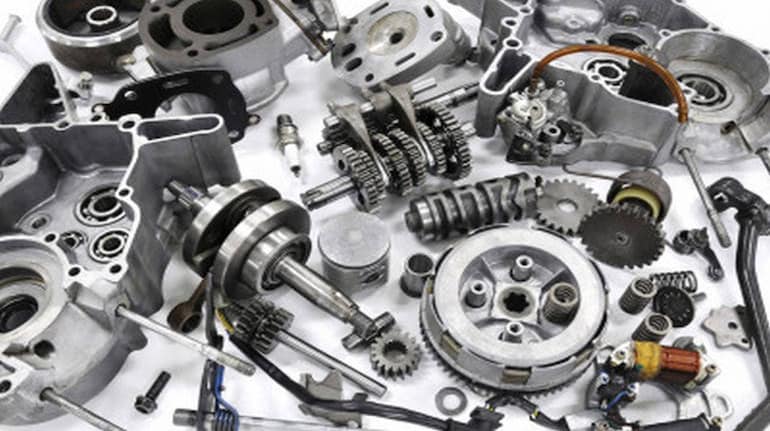



Jitendra Kumar GuptaMoneycontrol Research
Shivam Autotech, run by the Munjal family of Hero Group, had a difficult year. In FY17, the company reported a loss of Rs 3.82 crore as against a profit of Rs 19.3 crore in FY16, weighed down by higher interest cost.
Shivam is into manufacturing of transmission gear, shafts and precision engineering components for the automotive industry.
The company had been building two new facilities. Its gross block or gross value of the fixed assets jumped from Rs 395 crore in FY13 to about Rs 600 crore (gross fixed assets of Rs 485 crore and capital work in progress of Rs 101 crore) by end of fiscal 2016. Despite the growth in assets, revenues in this period have remained in the region of Rs 420 crore to Rs 450 crore.
Out of these facilities, Bengaluru facility commenced operation in April 2016 and the second facility at Rohtak also got operational in FY17. These two plants, which were partly funded by debt, made almost zero contribution to revenues in FY17 but added to company's expenses (that jumped 16 percent) and interest cost. Interest cost in FY17 jumped by 35 percent to Rs 29 crore, resulting in losses. However, this is expected to correct with both the plants now operational.
Shivam supplies to some of the well-known domestic and international companies like Bosch, Hero Motocorp, Maruti, Denso Mitsuba, Hilti, among others. Shivam is a preferred player because of its technology and integrated facilities that have in-house forging and gear-cutting capabilities.
The Bengaluru facility will largely cater to Bosch and also expand the company’s reach in the four-wheeler segment, which is still at about 15 percent of the revenue. Most of the products manufactured at the Bangaluru facility will substitute import requirements of its clients who for some of the components such as electronic power steering were solely relying on imports.
That apart, the plant had been operating at about 85-90 percent capacity utilisation, thereby unable to meet the requirements of its clients like Hero Group, which is aggressively expanding into export markets. The existing demand-supply gap should enable a quick ramp-up in production.
The new facilities will expand its product portfolio and develop capabilities in some of the niche products that are expected to command a little higher margin. Benefits of operating leverage, contribution from high margins products and overall growth in volumes will have a significant impact on margins and profitability that were so far depressed.
Today, Hero MotoCorp accounts for close to 80 percent of its sales. However, post the commissioning of these two plants, share of Hero would come down to 60 percent and the remaining would be accounted for by other clients thereby reducing its dependence on one particular client.
Valuation
A part of the benefits due to expansion of capacity will accrue in FY18 and a larger part in FY19. Return ratios will also improve. Its debt (Rs 363 crore in FY17) to equity, too, will improve from current about 1.8 times to 1.4 times or lower. Improvement on two matrices -- RoE and debt-to-equity ratio -- will have a positive impact on valuations. Even at estimated Rs 50 crore profit in FY18 on an equity of about Rs 200 crore the company will be making a 25 percent return on equity. During FY14 and 2015, Shivam earned a normalized earnings per share of around Rs 2.8 from its existing three facilities. Now, with the commissioning of the two new facilities, achieving an EPS of Rs 4.5-5 a share in FY18 is not at all impossible. Taking that into account and growth in the subsequent years, at current market price of Rs 51 a share, the stock is available at a reasonable valuation of 10-11 times its FY18 earnings.

Discover the latest Business News, Sensex, and Nifty updates. Obtain Personal Finance insights, tax queries, and expert opinions on Moneycontrol or download the Moneycontrol App to stay updated!
Find the best of Al News in one place, specially curated for you every weekend.
Stay on top of the latest tech trends and biggest startup news.